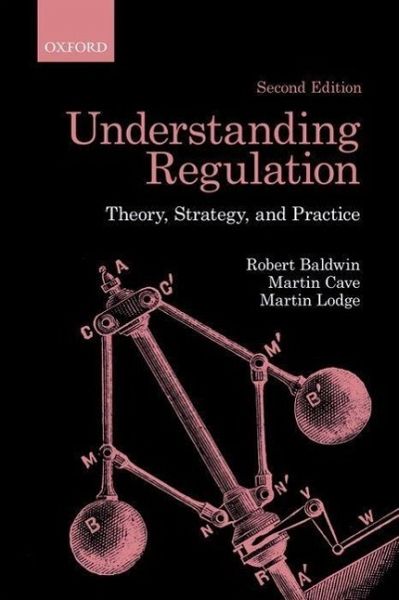
Understanding Regulation
Theory, Strategy, and Practice
Versandkostenfrei!
Versandfertig in 1-2 Wochen
116,99 €
inkl. MwSt.

PAYBACK Punkte
58 °P sammeln!
Based on cross-national and cross-sectoral case studies, the revised and updated second edition of this seminal and successful text provides a multi-disciplinary introduction to key debates in regulation, including fundamental and institutional strategies and issues surrounding the design and operation of regulatory institutions.












